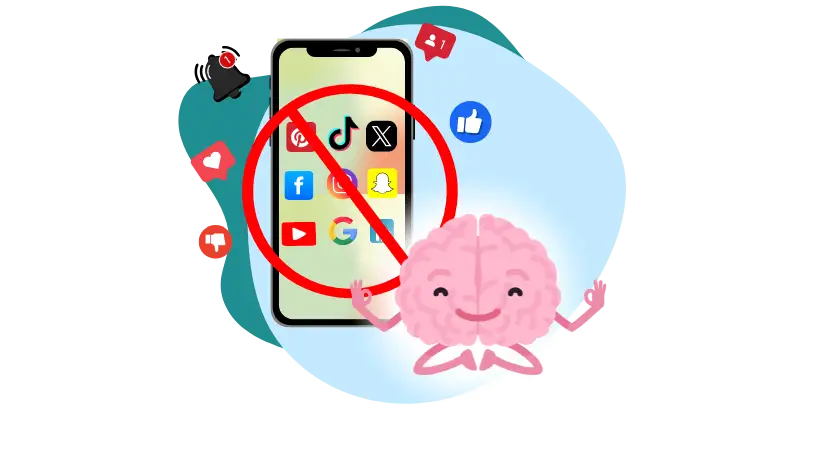
According to a children’s health poll from the C.S. Mott Children’s Hospital National Poll, 86 percent of parents believe that their adolescent children spend excessive time playing video games. The poll says that many of these parents might be mistaken about their kids’ time on gaming.
Mott’s health survey revealed some results from the parent survey. Some of these were that twice as many teenage boys spend more time gaming than teenage girls. On average, according to the parent survey, adolescent boys spend around three hours a day playing video games. Around 9 in 10 parents surveyed said that the children were spending too much time gaming, so much so that their daily and family interactions were affected.
The survey shows that gaming interferes with sleep in 44 percent of cases, with social interactions and friendships with peers who are not gaming with them by 33 percent, homework in 34 percent, and extracurricular activities in 31 percent of cases. For this poll, the team looked at 963 parents of at least one teenage kid aged between 13 and 18.

Mott Poll co-director and Mott pediatrician Gary Freed, MD, MPH said in his statement, “Although many parents believe video games can be good for teens, they also report several negative impacts of prolonged gaming. Parents should closely examine their teen’s gaming behavior and set reasonable limits to reduce harmful impacts on sleep, family and peer relationships, and school performance.”
This survey also showed that many parents are wrong about the amount of time their kids spend playing video games. Children playing regularly had only 54 percent of parents reporting that their kids were spending 3 or more hours playing video games. This means that nearly 46 percent were unaware that their kids were spending too much time playing video games. Among children who were not regular gamers, 13 percent still had parents who felt they were gaming too much. Freed said, “Many parents of frequent gamers have a misconception that the amount of time their teenager spends playing video games is in line with their peers.” He said that 78 percent believed their teenagers were spending less or the same time as other children gaming.

The survey also said that 71 percent of the parents believed video gaming would benefit their teenagers. Only around 44 percent were restricting the time and the content the kids were being exposed to when gaming. To filter the video games the kids were using, most parents of 13 to 15-year-olds relied upon rating systems, according to the study (43 percent). Compared to this, only 18 percent of parents of older teenagers relied upon rating systems to allow their teenagers access to certain games. Parents of older teenagers were also more likely to ban video games from their kids’ bedrooms and encourage them to play with real friends and spend time with their peers physically rather than virtually.
The American Academy of Pediatrics (AAP) recommends that children be exposed to no more than two hours of screen-based entertainment per day.













